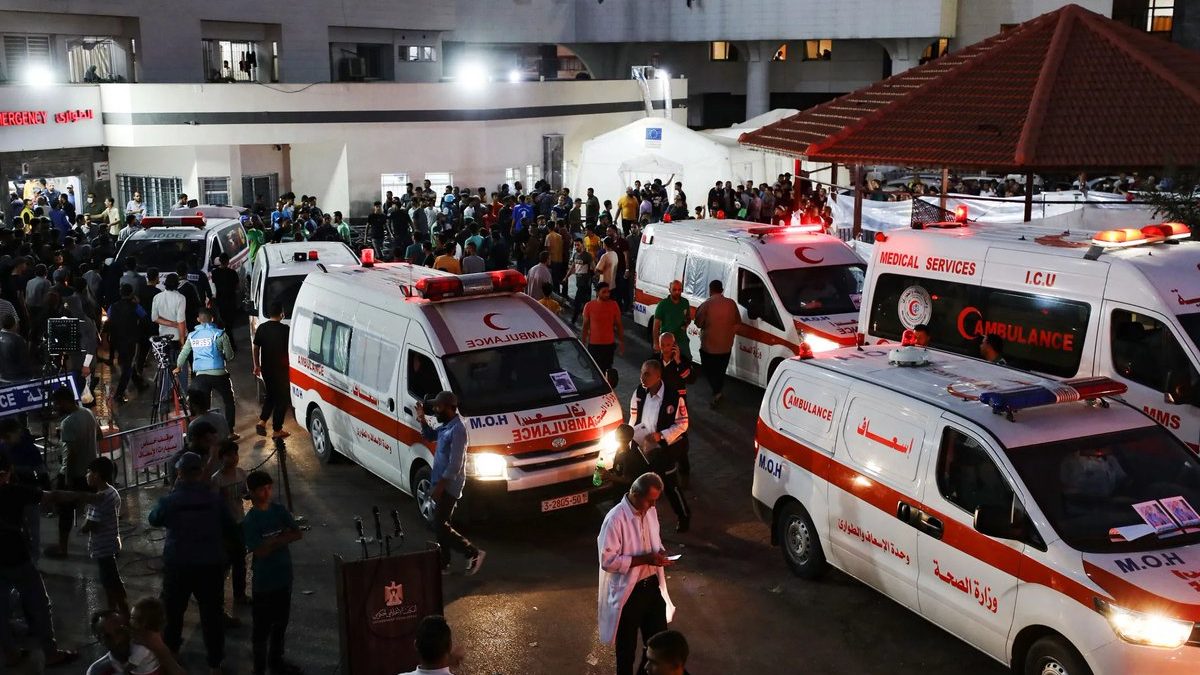Earlier this week, Qatar announced that the truce between Israel and Hamas had been extended for a seventh-day, hours before the initial ceasefire in Gaza was about to expire.
Last month, Qatari mediators sought and succeeded in negotiating a deal between Hamas and Israel, but according to a report by Reuters, the deal nearly collapsed before it came to fruition.
The Qatar and Egypt-mediated truce commenced on November 24 and was revived twice before ending on Friday.
The humanitarian pause initially took place at 7:00 a.m. Gaza local time for four days before extending it for two additional days on November 27.
On November 30, almost an hour after the initial truce expired at 7:00 a.m. Gaza time, it was again extended for a seventh day.
In an interview with one of the Gulf State’s negotiators, career diplomat Abdullah Al Sulaiti, the Qatari and countless sources told the English publications that every detail was considered and addressed in the negotiations with the Israelis and Hamas.
“I thought we were going to lose it and that the agreement wouldn’t fly,” Al Sulaiti said in an interview with Reuters.
According to Reuters, an unnamed source familiar with the negotiations said that the high-stakes talks meant “it was necessary to clarify all the points in the agreement and make sure they meant the same thing to Israel and Hamas”.
The source references an example of how the Israeli forces “pledged to park tanks it was using inside the Gaza strip, but nobody had agreed on what that meant on the ground.”
Qatar’s Prime Minister, Sheikh Mohammed bin Abdulrahman Al Thani, who has remained at the forefront of the country’s mediating between powers in the war on Gaza, was said to have cleared his schedule, “cancelling planned trips to Moscow and London”, according to the anonymous Reuters source.
A “proactive” Qatari approach
The report goes on to stress that Qatar’s course in mediating between Israel and Hamas was much more “proactive” and intimate role.
It goes on to point to instances in which the Qataris would negotiate in separate rooms to speak to Hamas delegates alone despite Israel’s Mossad Director David Barnea and Egyptian diplomats being in discussion.
Sources told Reuters that Qatar officials worked side by side with the demands made by Israeli and Hamas officials until both parties agreed with the terms and conditions of the proposed negotiations.
Quoting an anonymous Qatari source, the report states that the Qataris would not act like “postmen” and act as mere middlemen in the negotiations.
“We say ‘Listen, let’s have a second round of discussions with you before we send the proposal,'” the Qatari source said to Reuters.
“If we decided to be like postmen and deliver letters only, I doubt that we would have finished this agreement,” he added.
As Hamas’s political office in Doha was established over a decade ago in coordination with the US following a request from Washington to develop communication channels, several of the Qatari negotiators have been involved in Israel-Hamas mediations since 2014, according to the Reuters report.
The experienced negotiators developed a safeguard mechanism that witnessed both Israel and Hamas sign off on specific procedures they would have to follow in the event of an incident, reviewing detailed scenarios such as gunfire or tank movements.
The mechanism was activated shortly after the truce came to life when Israeli soldiers opened fire on Palestinians trying to move to northern Gaza, the Reuters source said.







